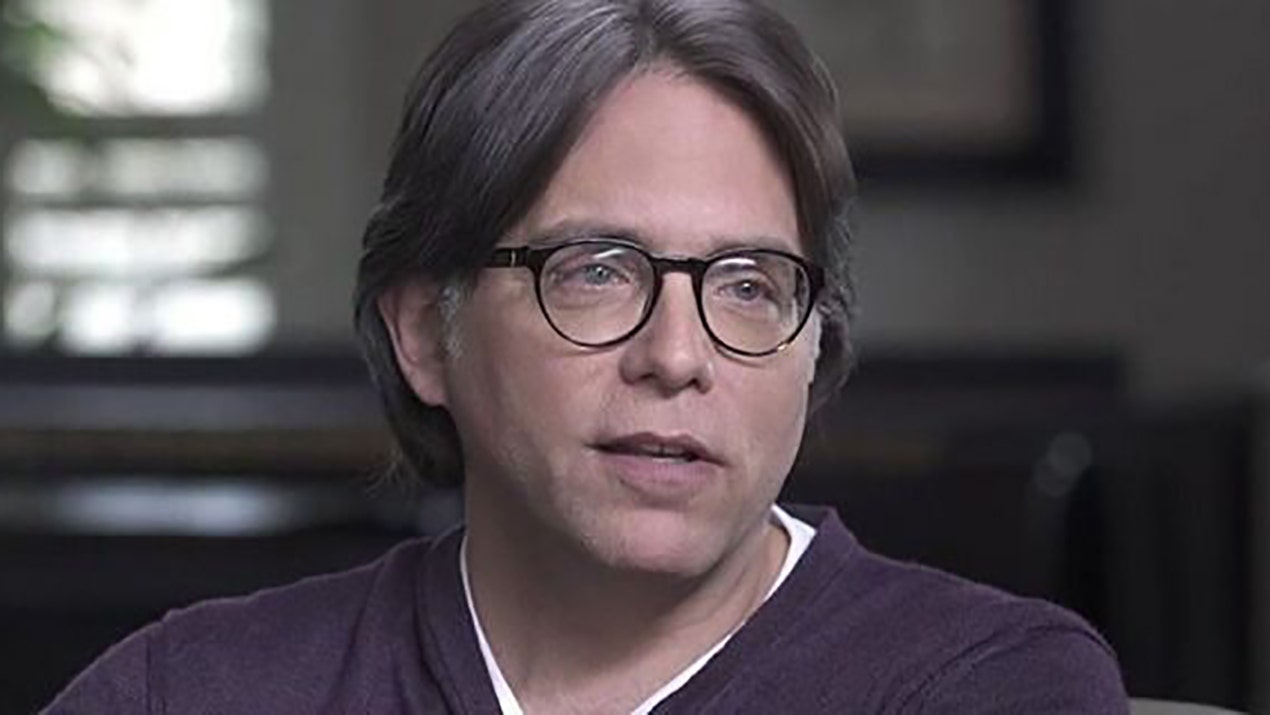NXIVM Cult Leader’s Defense Claims FBI Tampered with Evidence: An Overview
In a dramatic twist surrounding the infamous NXIVM cult, the defense team for its leader, Keith Raniere, has leveled serious accusations against the FBI, claiming that the agency tampered with evidence during Raniere’s trial. This assertion has sparked renewed scrutiny over the integrity of the investigation and the judicial process that led to Raniere’s conviction. As the case unfolds, it raises crucial questions about the balance of justice, the power of law enforcement, and the implications for those wronged by the system.
Understanding NXIVM and Its Controversial Leader
Founded in the early 2000s, NXIVM was marketed as a personal development company offering courses in self-improvement. However, it became notorious for its secretive practices, particularly the establishment of a sub-group called DOS, which was said to involve manipulative and abusive tactics, including coercive control and sexual exploitation. Keith Raniere, the mastermind behind NXIVM, was charged with multiple crimes, including racketeering, sex trafficking, and conspiracy to commit forced labor. In 2019, he was convicted and sentenced to 120 years in prison.
The Defense’s Claims Against the FBI
The recent allegations from Raniere’s defense team assert that the FBI manipulated evidence to construct a case against him. They argue that this alleged tampering undermines the legitimacy of the trial, claiming that the evidence presented was not only flawed but also selectively edited to support a narrative that painted Raniere as a villain.
- Selective Evidence Presentation: The defense contends that the prosecution cherry-picked communications and documents, stripping them of context that could have exonerated Raniere.
- Falsified Testimonies: There are claims that some testimonies were coerced or influenced by the FBI, leading to unreliable witness statements.
- Questionable Methods: The manner in which evidence was gathered, including surveillance and informants, has come under fire for being unethical and potentially illegal.
These claims have sparked a debate over the role of law enforcement in prosecuting high-profile cases, particularly when allegations of misconduct arise. The integrity of the judicial system is often tested in such scenarios, and the outcome can have far-reaching implications.
The Impact of These Allegations
The accusations of FBI tampering are not merely a legal technicality; they resonate deeply with issues of justice and accountability. If the defense’s claims hold any merit, it could lead to significant repercussions for the FBI and the wider law enforcement community.
Public Perception and Trust in Law Enforcement
The relationship between the public and law enforcement is fragile and can be further strained by allegations of misconduct. Trust is fundamental for effective policing and community cooperation. When high-profile cases like Raniere’s come under scrutiny, it can lead to:
- Increased Skepticism: Citizens may become more wary of law enforcement practices, questioning the motives and methods used by authorities.
- Calls for Oversight: There may be a push for greater accountability and oversight of investigative practices, ensuring that justice is served fairly.
- Implications for Future Cases: Other defendants may leverage these claims to challenge the validity of their own convictions, leading to a broader reassessment of past cases.
The Legal Landscape: What’s Next for Raniere?
As Raniere’s defense team prepares to appeal his conviction based on these allegations, the legal landscape is shifting. The appeal process can be lengthy and complex, but it provides a critical opportunity for the defense to present their case regarding the alleged FBI misconduct.
Possible Outcomes of the Appeal
The appeal process could yield several outcomes:
- Overturned Conviction: If the court finds sufficient evidence of tampering, Raniere’s conviction could be overturned, leading to a potential retrial.
- Reduced Sentence: Even if the conviction stands, the court might consider the allegations in the sentencing phase, potentially leading to a reduced sentence.
- Increased Scrutiny of Investigative Practices: Regardless of the appeal’s outcome, these allegations could prompt a broader review of FBI practices and policies, fostering reform.
Broader Implications for Judicial Integrity
The allegations against the FBI in the NXIVM case highlight a critical dialogue about judicial integrity. Cases involving cults and high-profile defendants often attract intense media scrutiny, which can complicate the judicial process. The potential for evidence tampering raises serious ethical questions about the lengths to which law enforcement might go to secure a conviction.
Maintaining Judicial Integrity
To maintain trust in the legal system, several steps can be taken:
- Transparent Investigations: Law enforcement agencies should operate with transparency, allowing for independent reviews of their methods and practices.
- Accountability Mechanisms: Establishing clear protocols for accountability can help ensure that investigators are held to the highest ethical standards.
- Public Awareness Initiatives: Educating the public about the judicial process can help demystify the system and build trust between communities and law enforcement.
Conclusion: A Turning Point in the NXIVM Saga
The defense claims that the FBI tampered with evidence in the trial of NXIVM cult leader Keith Raniere represent a significant turning point in this high-profile case. As these allegations unfold, they not only challenge the convictions of Raniere but also cast a shadow over the integrity of law enforcement practices. Whether Raniere’s convictions are upheld or overturned, the implications for the judicial system are profound, calling for a reflection on the principles of justice, accountability, and the public’s trust in the legal framework. As society watches closely, the outcomes of this case may well influence the future of policing and judicial practices in America.
See more CNN Headline


